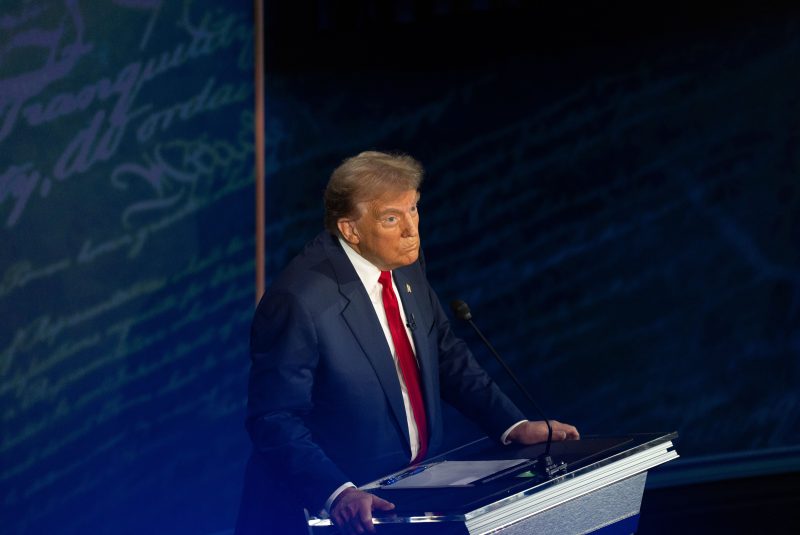In today’s fast-paced digital age, where information spreads instantaneously, the need for accurate and trustworthy reporting has never been greater. However, this critical aspect of journalism is often challenged by misleading or false claims that can easily go viral before corrections are made. This dilemma has paved the way for the development of real-time fact-checking services, which aim to provide accurate information to the public promptly.
Real-time fact-checking has become increasingly prevalent, particularly in the realm of politics and current events. With the rise of social media as a major source of news consumption, misinformation can easily be disseminated to a wide audience within seconds. In response to this challenge, platforms such as Twitter and Facebook have implemented fact-checking measures to curb the spread of false information.
One of the key players in this arena is former President Donald Trump, who famously clashed with fact-checkers during his time in office. Trump was known for making bold and often controversial statements, some of which were later found to be inaccurate or misleading. This led to a series of fact-checks by various media outlets and organizations, aiming to set the record straight and provide the public with accurate information.
Trump’s adversarial stance towards fact-checking organizations further highlighted the importance of real-time fact-checking in today’s media landscape. By challenging the validity of fact-checks and dismissing them as biased or politically motivated, Trump brought attention to the need for transparent and impartial fact-checking services that prioritize accuracy above all else.
Despite the challenges posed by those who seek to undermine the credibility of fact-checking, the importance of real-time fact-checks cannot be understated. In a world where misinformation can have real-world consequences, it is crucial for journalists and media organizations to uphold the highest standards of accuracy and integrity. Real-time fact-checking plays a vital role in holding public figures and institutions accountable, ensuring that the public has access to accurate information to make informed decisions.
As technology continues to evolve and the digital landscape becomes increasingly complex, the role of real-time fact-checking will only grow in significance. By equipping the public with the tools to discern truth from falsehood, fact-checking services contribute to a more informed and resilient society. In a world where information is power, real-time fact-checking serves as a valuable safeguard against the proliferation of misinformation and disinformation, promoting transparency and accountability in the public discourse.
